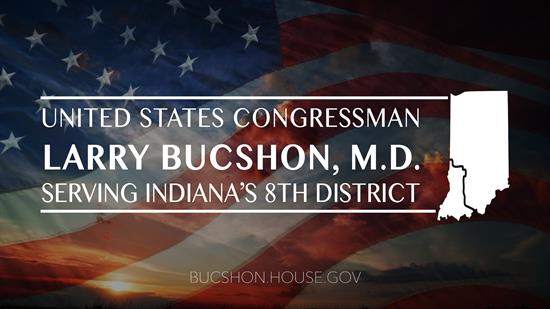Press Releases
Dr. Bucshon Condemns Democrats Attempt to Over Regulate the Internet
Washington,
March 6, 2019
“In 2015, under the Obama Administration, the Federal Communications Commission (FCC) abandoned the light-touch regulatory approach to internet governance that both parties had previously pursued for almost two decades. Instead of working toward 21st century solutions to moderate 21st century high tech companies, they opted for an antiquated regulatory scheme designed for the monopoly telephone carriers of the 1930s. This caused investment in internet services to fall by 5.6%, or $3.6 billion. “It is absolutely critical in a world and economy that is increasingly dependent on broadband internet access that we close the digital divide– especially for those who live in rural America. That is why in 2017, under Chairman Ajit Pai’s leadership, the FCC adopted a rule restoring the light-touch approach to internet regulation, clearing the way for further innovation and investment that ensures a vibrant and competitive marketplace exists. “Democrats are now trying to reverse the ruling of Chairman Pai’s approach for the same heavy-handed, antiquated regulations that caused the growth of the internet to slow down in the first place. Ultimately, the best approach is a robust and innovative marketplace that gives consumers ample choice. The Save the Internet Act would fail to close the digital divide—it would only widen it” Background Dr. Bucshon Cosponsored the Open Internet Preservation Act (H.R. 4682) introduced by former Representative Marsha Blackburn (R-TN) in the 115th Congress. This legislation would have prohibited broadband providers from blocking or throttling online content. By restoring the light-touch approach to internet regulation and through enacting consumer protections, like those found in H.R. 4682, it both protected consumer access to an open and free internet, while also clearing the way for further innovation and investment that ensures a vibrant and competitive marketplace exists. |


